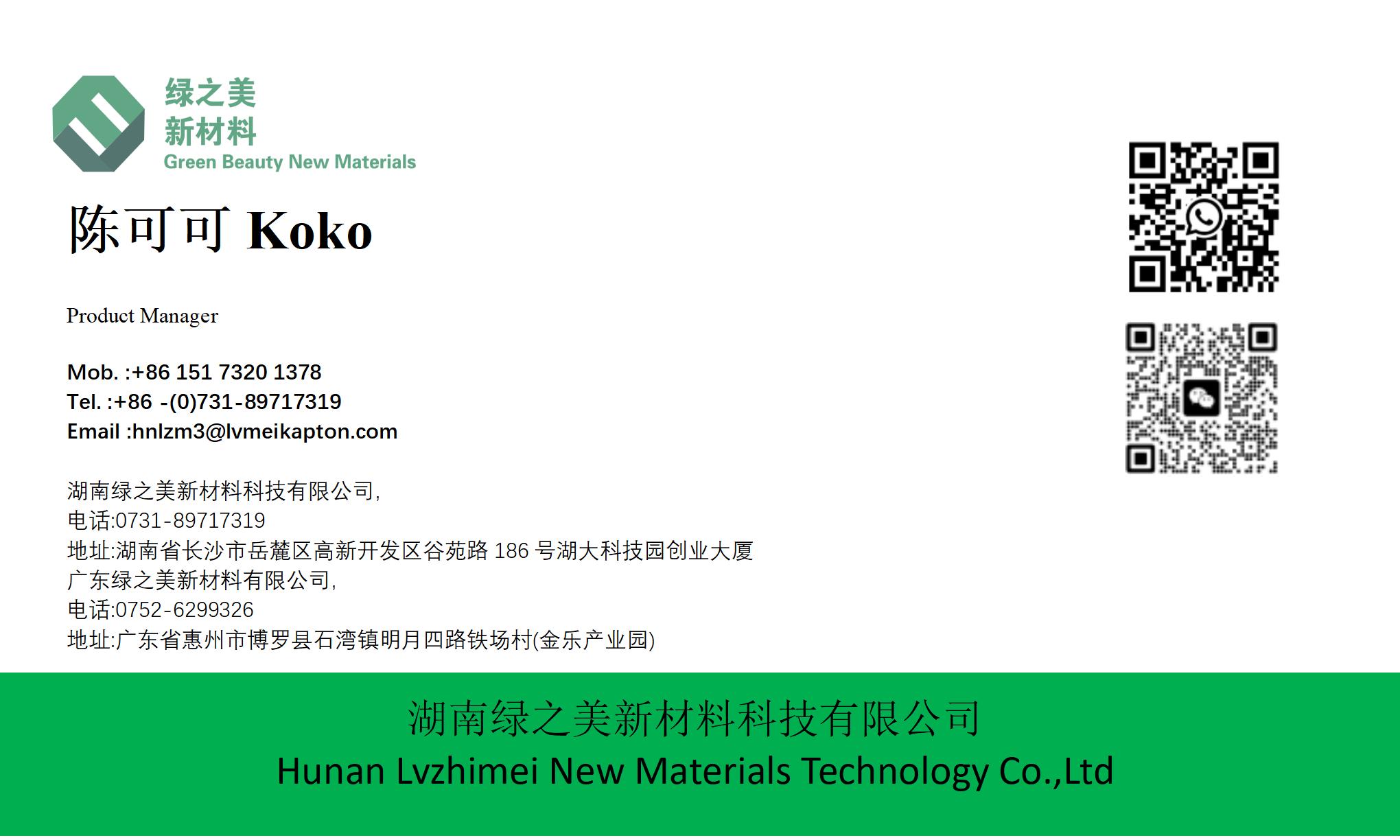



Why Is Kapton® PI Tape Essential for ROHS-Compliant Electronics? | https://www.lvmeikapton.com
Introduction Kapton® PI tape, a DuPont-developed polyimide variant, dominates high-end electronics due to its inherent properties. This article analyzes why Kapton® (and PI tapes in general) are indispensable for meeting ROHS requirements and future-proofing electronic designs.
Intrinsic Advantages Over Alternatives
ROHS-Friendly Chemistry: Kapton’s base polyimide structure (aromatic dianhydrides + diamines) is inherently free from ROHS-regulated elements, simplifying compliance.
Thermal Stability & ROHS Synergy: Its 500°C continuous service temperature allows operation in lead-free soldering environments (260°C+), preventing adhesive migration or degradation.
Inertness to Chemicals: Resistance to ROHS-unrestricted solvents (e.g., acetone, dichloromethane) enables cleaning processes without tape dissolution.
ROHS-Driven Design Considerations
● Halogen-Free Formulations: Modern Kapton® tapes replace brominated flame retardants with ceramic fillers, aligning with ROHS’ broader goal of reducing environmental toxicity.
● Thermal Management: PI tape’s low thermal conductivity (0.15 W/mK) acts as a heat barrier in power electronics, indirectly reducing reliance on Pb-based cooling compounds.
● Longevity & E-Waste Reduction: ROHS compliance often correlates with product durability; Kapton’s 20-year lifespan in electronics minimizes landfill contributions.
Challenges & Innovations
Challenge | Solution |
Cost of ROHS Materials | Scale economies through automated tape slitting |
Adhesive Compatibility | Development of solvent-free bonding agents |
Traceability Requirements | Blockchain-based supply chain verification |
Real-World Application: Medical Devices ROHS-compliant Kapton® PI tape is pivotal in MRI machines:
● Shields cables from electromagnetic interference.
● Withstands repeated sterilization cycles (autoclaving, ethylene oxide).
● Avoids bioaccumulation risks associated with banned substances.
Conclusion Kapton® PI tape’s marriage of technical excellence and ROHS compliance makes it irreplaceable in critical electronics. As regulations evolve (e.g., ROHS 4.0 rumored to target PFAS), Kapton’s adaptability will remain essential. Future iterations may incorporate graphene coatings for enhanced thermal/electrical properties while maintaining eco-friendliness. Engineers designing ROHS-compliant systems should prioritize PI tapes with dual certifications (ROHS + UL). https://www.lvmeikapton.com





